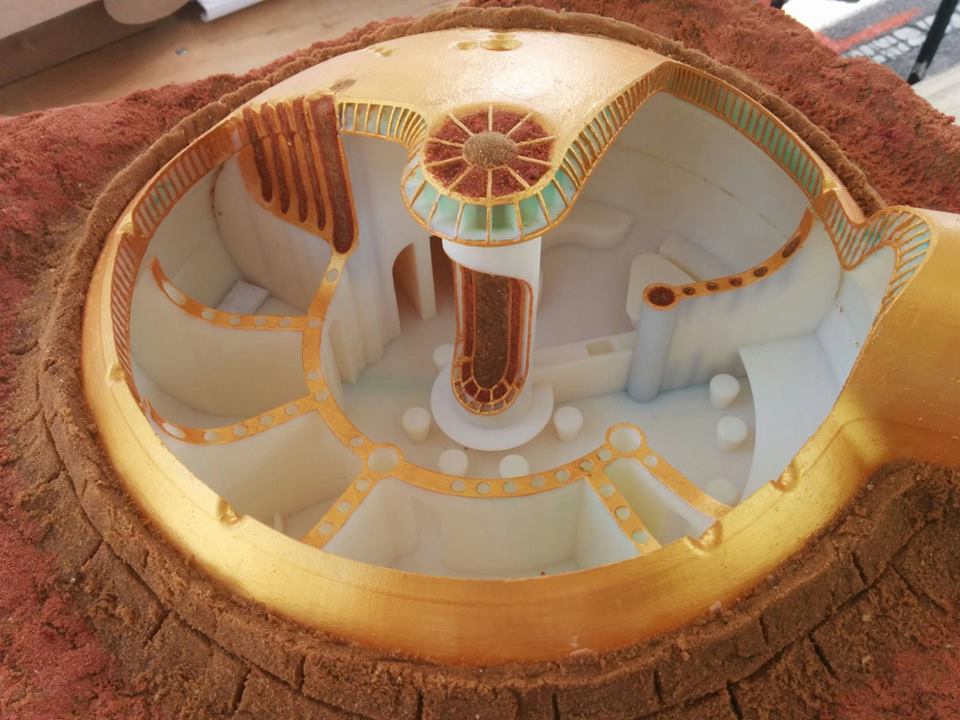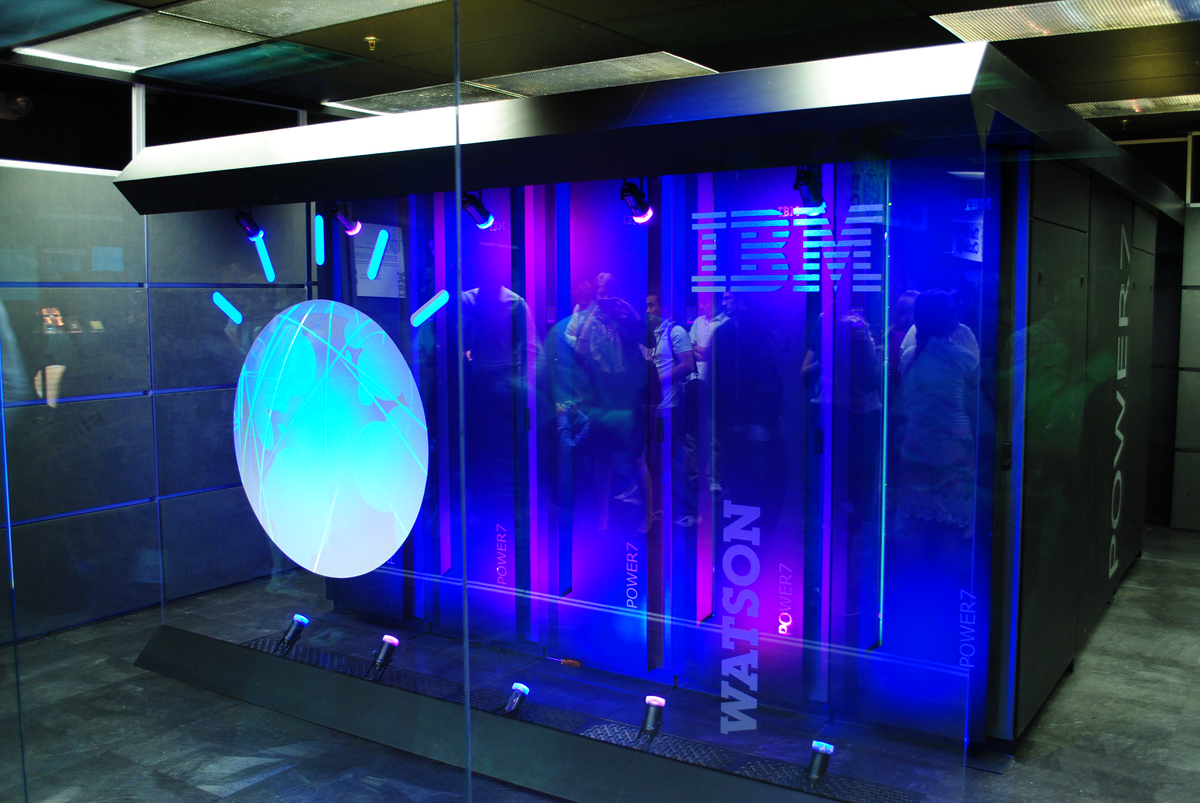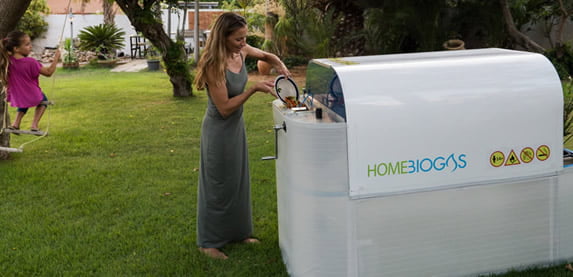2015 was a stellar year for Israeli innovation. Over the past year, the Israeli startup ecosystem has made global headlines with a host of new cutting-edge technologies that include breakthrough medical devices, FinTech solutions, cyber-security systems, Internet of Things (IoT) gizmos, and a long list of cool gadgets and apps that have gained immense popularity around the world during 2015.
Furthermore, 62 Israeli startup companies were sold for a whopping $7.2 billion in 2015, compared to 52 companies for $5 billion in 2014, according to a report released today by accounting firm PwC. In addition to acquiring Israeli high-tech companies, corporations and investment firms from all over the world are pouring more cash than ever on budding Israeli startups: In the first three quarters of 2015, 506 Israeli startups collectively raised a record $3.2 billion, compared to $2.3 billion at this time last year, according to IVC Research Center. The annual report is due to come out next month, and observers estimate that 2015 could break another record, surpassing 2014.
SEE ALSO: Exit Nation: Israeli Startups Sell For $860 Million In First Four Weeks Of 2015
As 2015 is coming to a close, it is evident that the spirit of innovation in Israel continues to justify its title “Startup Nation.” NoCamels has sifted through dozens of startups that made waves over the past year in order to make our picks for 2015; it wasn’t an easy task, to say the least. So, without further ado, meet the coolest Israeli startups and innovations that made 2015 unforgettable:
Dojo: Protecting a host of devices from cyber-attacks
Israeli startup Dojo Labs has developed a slick, stone-like device, which monitors all data sent by anything connected to the Internet – smart TVs, smartphones, smart tablets, and even smart kitchen appliances – to determine whether they’re secure.
Irregular activity on these devices could signal that a hacker has taken control of a device and might be able to steal sensitive data. Dojo then issues an alert, which shows up on the Dojo mobile app, allowing users to remotely turn off a device or block its communications.
Dojo, the latest in a string of Israeli innovative cyber-security devices, will cost $99, including a year of monitoring service, and is set to be released next year.
Founded in 2014 by Yossi Atias and Smulik Bachar, Dojo Labs has so far raised an undisclosed amount of funds from angel investors.
SniffPhone: Detecting deadly diseases on the breath
Last summer, Prof. Hossam Haick of the Technion – Israel Institute of Technology introduced a device that can sense disease on the breath, much like a breathalyzer test. What he calls the SniffPhone uses nanotechnology sensors to analyze the particles on the breath and is able to pinpoint exact diseases, including certain kinds of cancer.
Haick’s new mobile device contains his NaNose breathalyzer test, which “sniffs out” lung cancer before it spreads (the test was developed in 2014). The smartphone device is a vehicle for the NaNose technology that’s mobile and thus can be taken anywhere, including rural areas.
ZUtA Labs: The world’s smallest printer
ZUtA‘s pocket printer is a teardrop-shaped robot printer that can be placed on any page and scurries back-and-forth, printing as it goes along. Instead of having the paper feed through the printer in order to print, the small robot runs on the paper and prints while doing so.
The printer, designed by Israeli firm Nekuda, works on Bluetooth and wireless networks, which means it can interact with smartphones, tablets and laptops. The company claims it’s the first mobile printer – the smallest printer in the world that can print on any size of paper, anywhere you are.
Founded in 2014 by Tuvia Elbaum and Matan Caspi, ZUtA (which means “small” in Hebrew) has raised about $500,000 in a successful crowdfunding campaign. It won the Best of Innovation Award in the computer accessories category at the world’s largest electronics show CES in early 2015.
IBM Watson: Israeli team develops cutting-edge cancer diagnosis system
IBM’s super-computer Watson is a cognitive technology that processes information more like a human than a computer. Some of its newest capabilities are being developed at IBM’s research lab in Haifa, Israel.
Among the many applications of IBM Watson, the Israeli team is developing Watson’s capacity to read and understand medical imaging. Using computer vision technology, as well as the machine learning algorithms already built into IBM Watson, the team is building what IBM calls their Medical Sieve, a system which will be able to read mammograms, ultrasounds x-rays, and MRI images – and pick out anomalies.
This artificially intelligent super computer is already participating in trials where it is analyzing medical records of oncology patients and comparing them against cancer case histories, recent medical research, and ongoing training from physicians to provide evidence-based treatment options.
SkySaver: Life-saving technology
In 2015, Israeli startup SkySaver released a brand new emergency backpack that’s designed to help residents escape from high-rises when fire breaks out. This lifesaving kit comes equipped with a cable cord that, in case of an emergency, is attached to a pre-installed anchor located near a window.
When fire breaks out, the emergency device is strapped on with buckles that wrap around the waist and between the legs. Then, the individual starts rappelling down the side of the building.
Sign up for our free weekly newsletter
SubscribeSEE ALSO: Ambu-Cyclists Speed Through Traffic To Save Lives
Founded in 2012 by Eli Gross, SkySaver has so far raised an undisclosed amount from private investors.
Singlecue: Controlling your devices with hand gestures
Singlecue is a home-automation device designed by Israel-based EyeSight Technologies. This gizmo sits right above your television set and claims to give users complete, gesture-powered control of nearly any device. Basically, you can teach it to recognize almost anything with an infrared, Wi-Fi, or Bluetooth sensor.
Lunched in 2014, Singlecue is yet another cool gadget that joins the latest IoT movement, which aims to connect many systems – not just computers and hand-held devices – to the internet.
Founded in 2013 by Itay Katz, the startup has so far raised $11 million from investors.
Tridom: Building 3D-printed houses in space
Israeli sustainable urban development startup Tridom dazzled the world earlier this year, when it designed a 3D-printed space home for NASA. For its design of astronaut housing in space (called “Bubble Base” , the firm won honorable mention in NASA’s 3D Printed Habitat Challenge.
Founded in 2014 by Yaron Schwarcz and Lior Aharoni, Tridom presented in September a model of an inflatable structure that could be blown-up with a small amount of liquefied natural gas once on Planet Mars. Then, a swarm of drones would sinter quartz-rich Martian sand into blocks and fix them to their appointed location within the dome structure.

Bubble Base, an Israeli designed model for a Mars habitat won honorable mention in a NASA competition. Courtesy
Pixie: Locating everything you lost
Israeli startup Pixie promises to put an end to the days of frantically searching for missing valuables when you need them most. Pixie’s technology uses a Location-of-Things platform to derive the precise location of our valuables at all times – taking a step beyond typical Internet-of-Things platforms that connect objects to the Internet, but cannot always locate their whereabouts.
The system uses Pixie Points – smart tags that you can affix to just about everything (even your pet) – and a free mobile app. Once you stick a Pixie Point onto an item of your choice, the item becomes “pixified,” meaning that it joins a closed, private network of all of the pixified items that your smartphone keeps track of via Bluetooth.
If you lose your pixified remote control, just start your Pixie app, which displays an augmented reality view using your smartphone’s camera marking the location of the missing remote control. Each Pixie Point has a 50-foot range indoors and a 150-foot range outdoors.
Founded in 2011 by Amir Bassan-Eskenazi and Ofer Friedman, the company has so far raised $6 million and launched its product in 2015.
G-RO: The smart suitcase that charges your phone and laptop on the go
G-RO, the ‘smart’ carry-on that charges your phone and laptop on the go, was a huge success on crow-funding platform Kickstarter in 2015. Raising more than $660,000 in just a few says – and over $3.3 million in a course of one month – this slick suitcase could very well be the world’s coolest piece of luggage.
This carry-on (along with its patented, all-terrain wheels) was developed by Israeli startup Travel-Light, founded by Netta Shalgi and Ken Hertz in 2010; the product was launched in October 2015.
HomeBioGas: Turning trash into fuel
Another successful crowd-funding campaign this past year was that of HomeBioGas. Its newly developed biodigester turns organic waste into fertilizers and biofuel for cooking. From six liters of food waste or 15 liters of animal manure, this solar-powered system can produce enough biofuel for at least three hours of cooking.
The company launched an Indiegogo crowd-funding campaign earlier this month, which reached its goal of $100,000 in less than 24 hours.
Photos and videos: Courtesy of the companies, Lake Anna
Related posts

Editors’ & Readers’ Choice: 10 Favorite NoCamels Articles

Forward Facing: What Does The Future Hold For Israeli High-Tech?

Impact Innovation: Israeli Startups That Could Shape Our Future








Facebook comments